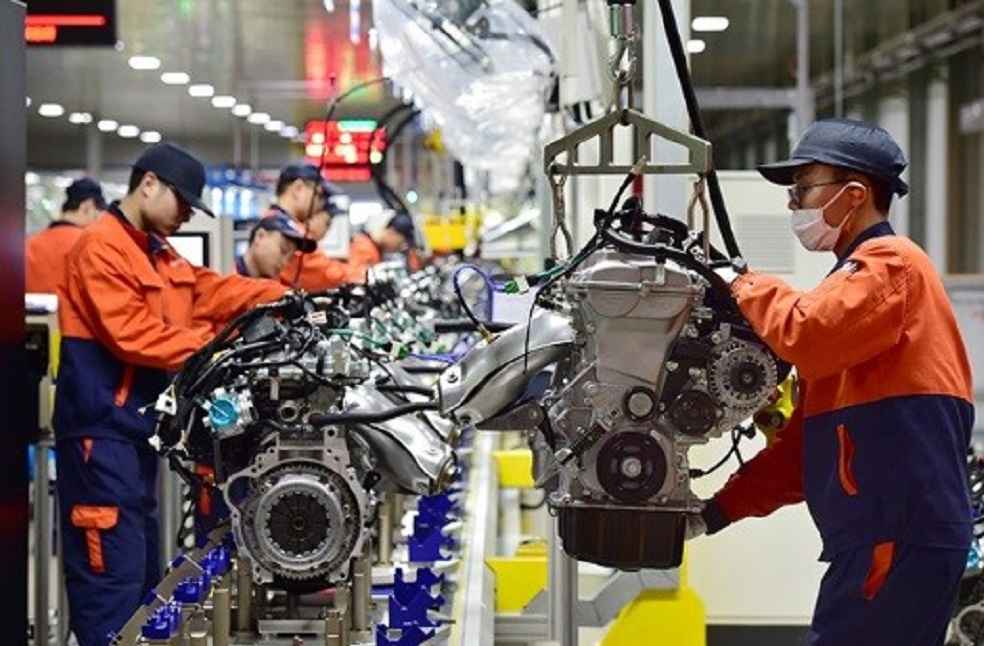The United Auto Workers (UAW) has released a scathing new report accusing major U.S. automakers of deliberately underutilizing domestic manufacturing capacity, costing the nation tens of thousands of union jobs. Titled Unlocking the Potential of U.S. Auto Manufacturing Capacity, the report criticizes industry leaders for prioritizing offshoring and shareholder profits over American workers and communities.
According to the report, U.S. auto plants had the capacity to build more than 14.7 million vehicles in 2024 but produced only 10.2 million, leaving 4.5 million units of unused capacity. The UAW argues that this shortfall reflects a business strategy favoring low-wage overseas production and financial maneuvers like stock buybacks rather than reinvesting in the domestic workforce.
UAW President Shawn Fain said, “We don’t need to break ground on a single new plant to rapidly grow auto manufacturing capacity, it’s already right in front of us.” He added that companies must stop offshoring jobs and start investing in American workers and communities.

The report highlights how General Motors, Ford, and Stellantis, collectively known as the Big Three, have cut U.S. auto production by 1.8 million vehicles since 2015, even as they expanded operations abroad. It notes that factories such as GM’s Lordstown plant in Ohio and Stellantis’s Belvidere plant in Illinois remain closed or underused, despite strong earnings across the industry.
Citing data from the Federal Reserve Bank of St. Louis, the report estimates that producing just one million more vehicles domestically would create about 20,000 auto jobs, and fully utilizing all idle capacity could generate as many as 90,000 new union jobs. Ripple effects could result in more than 600,000 additional jobs across the wider economy.
Fain condemned what he described as a “deliberate strategy” by automakers to favor short-term gains over long-term investment. “Auto companies should be using this moment to scale up and add good jobs by investing in workers instead of Wall Street,” he said.

The UAW frames the issue as a broader conflict between corporate profit-seeking and the strength of the American working class. While the U.S. remains the world’s second-largest auto producer after China, the union warns that continued neglect of domestic capacity risks eroding the very foundation of that global standing.
The report concludes that the path to a stronger and more equitable auto industry lies not in offshore expansion or financial engineering but in leveraging existing U.S. infrastructure and labor.
NEW LAUNCH | Hyundai Introduces its New Elexio SUV for the Chinese Market





